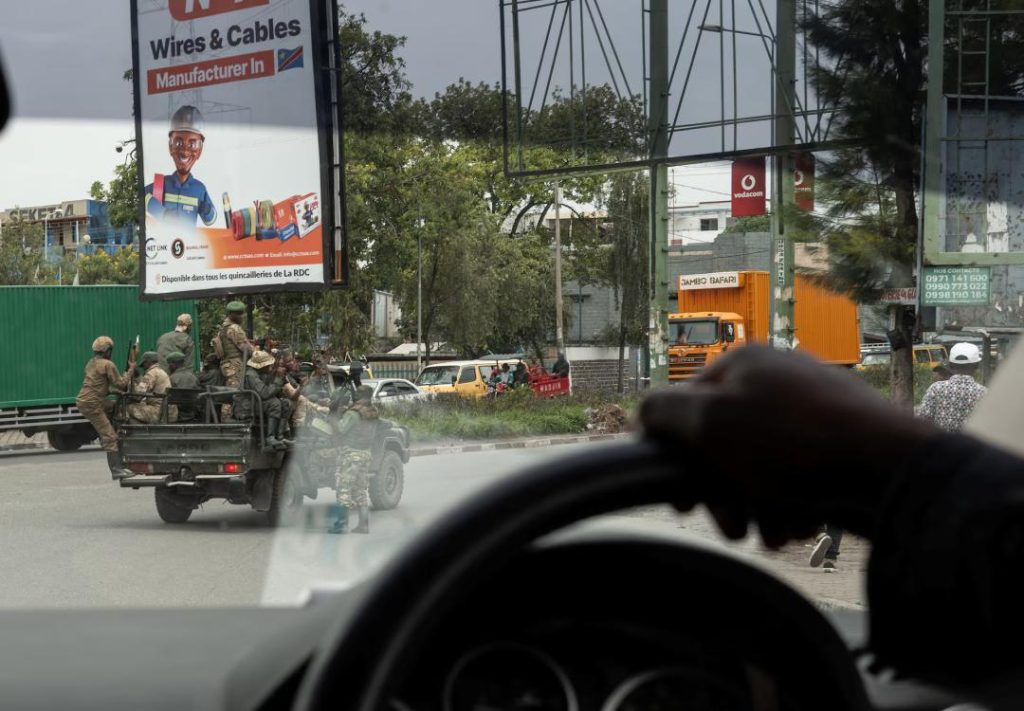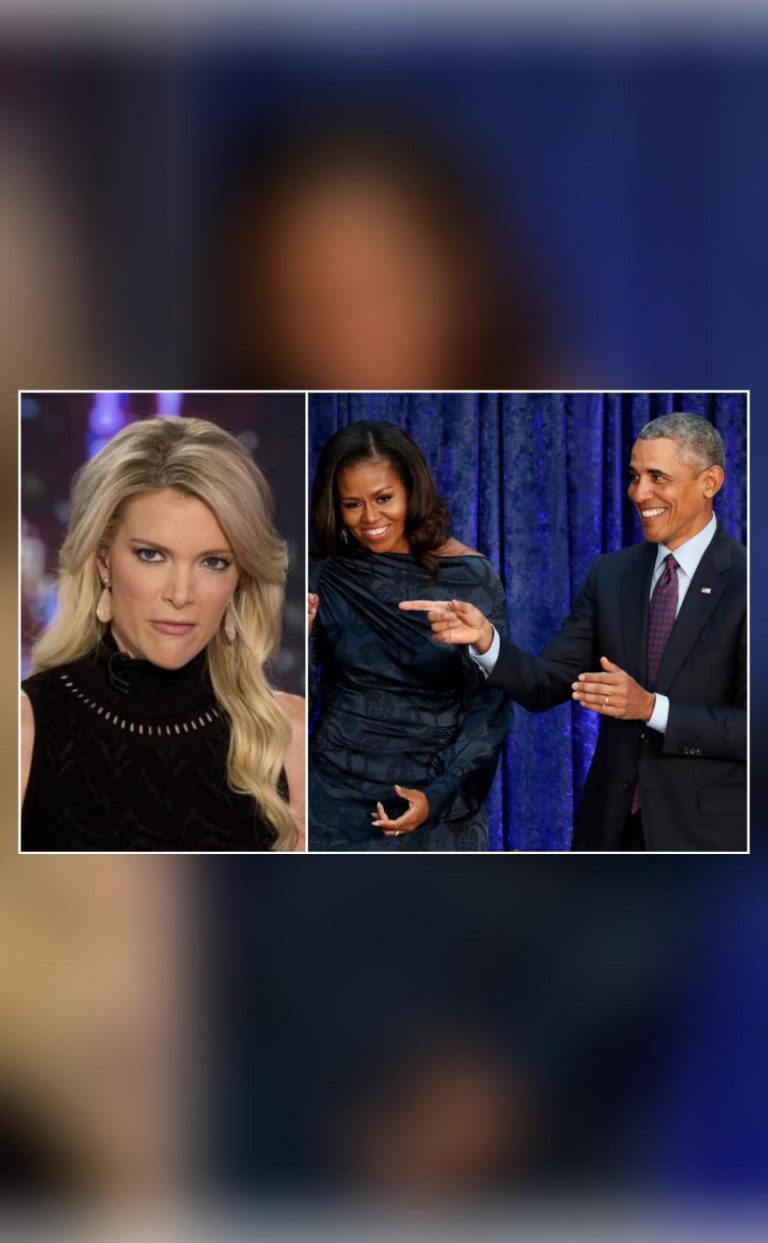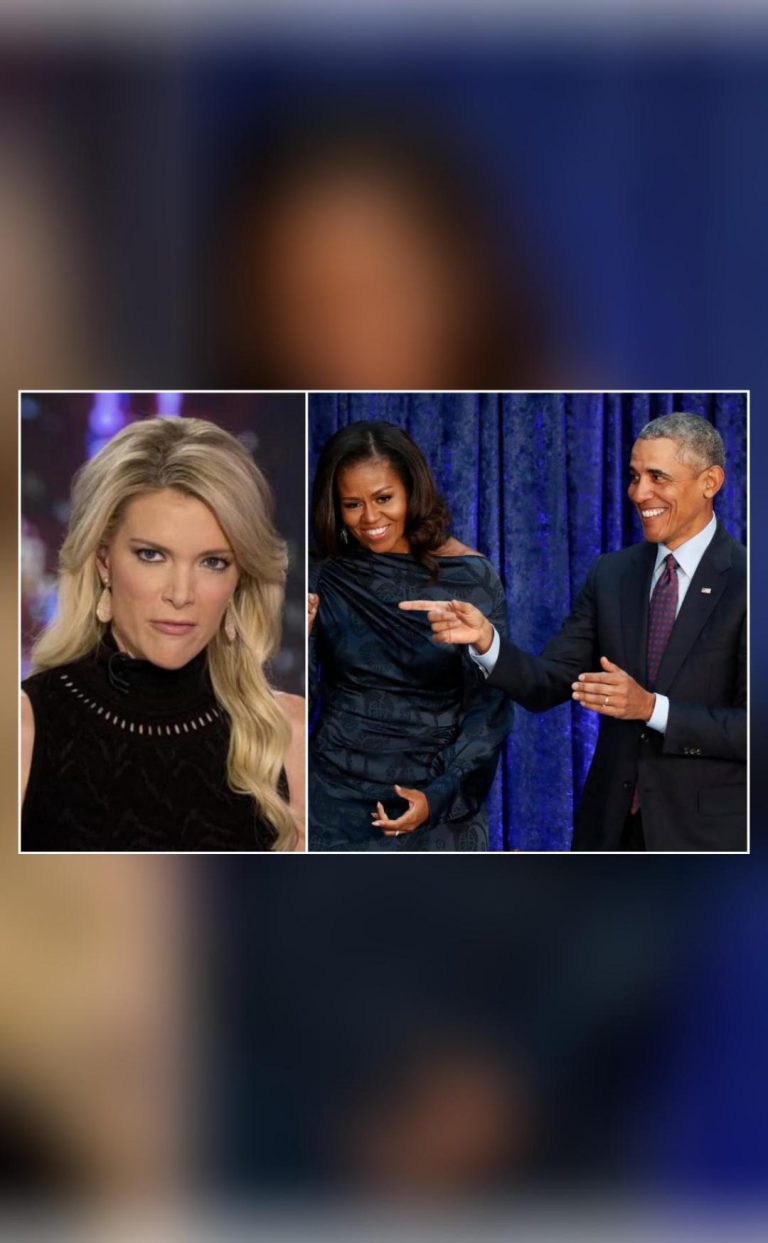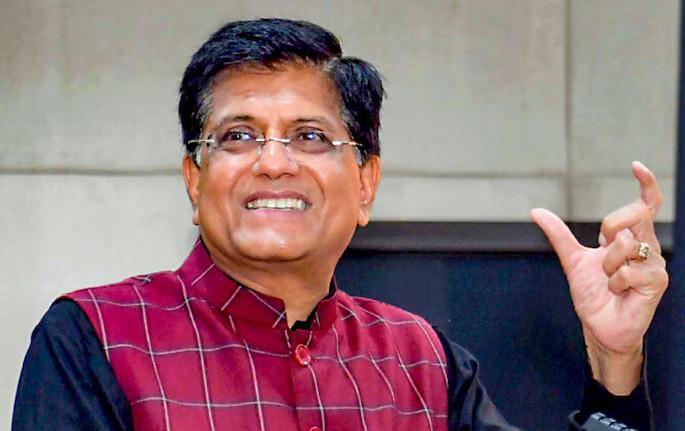
Congo Rebel Leader Rejects Ceasefire, Vows to Keep Fighting
The ongoing conflict in the Democratic Republic of Congo (DRC) has taken another turn as the leader of a rebel alliance has rejected a ceasefire call from the presidents of Congo and Rwanda. The rebel leader, Sultani Makenga, has vowed to continue fighting, stating that the alliance will not be silenced by the ceasefire proposal.
Makenga, the leader of the March 23 Movement (M23), a key rebel group within the alliance, made the announcement during an interview with Reuters in Qatar, where the group has been receiving mediation efforts. The M23 is one of the most powerful and well-equipped rebel groups in the DRC, and its actions have been a major concern for the international community.
The ceasefire proposal was made by DRC President Félix Tshisekedi and Rwandan President Paul Kagame, who met in Rwanda’s capital, Kigali, on Wednesday. The proposal aimed to bring an end to the ongoing conflict in eastern Congo, which has resulted in the displacement of hundreds of thousands of people and the loss of countless lives.
However, Makenga rejected the proposal, stating that it would not bring about the desired changes for the people of Congo. “The ceasefire proposal is not acceptable because it does not address the root causes of the conflict,” he said.
The M23 leader also rejected a possible minerals-for-security deal with the United States, calling it “treachery”. The deal, which has been touted as a way to bring stability to the region, would have seen the US provide security assistance to the DRC in exchange for access to the country’s mineral resources.
Makenga’s rejection of the deal is likely to be seen as a major blow to the US government, which has been seeking to stabilize the region through diplomatic and military means. The US has been a key backer of the African Union-led mediation efforts, which have been attempting to bring an end to the conflict.
Despite the rejection of the ceasefire proposal and the minerals-for-security deal, the M23 has made significant gains on the ground. Fighters from the group captured Walikale town and other areas in eastern Congo, further consolidating their control over the region.
The M23’s gains have been met with concern by the international community, which has been urging the group to lay down its arms and engage in peace talks. The United Nations has also called for restraint and dialogue to resolve the conflict peacefully.
The ongoing conflict in the DRC is complex and multifaceted, with various groups and factions vying for power and influence. The M23 is one of the most powerful and well-equipped groups, but it is not the only one. Other groups, such as the Democratic Forces for the Liberation of Rwanda (FDLR) and the Alliance of Democratic Forces for the Liberation of Congo (AFDL), are also active in the region.
The conflict has also drawn in neighboring countries, including Rwanda and Uganda, which have been accused of backing various rebel groups. The situation has raised concerns about regional instability and the potential for further violence.
As the situation continues to unfold, it is clear that a peaceful resolution to the conflict will be difficult to achieve. The M23’s rejection of the ceasefire proposal and the minerals-for-security deal has raised the stakes, and it remains to be seen how the international community will respond.
Source:



